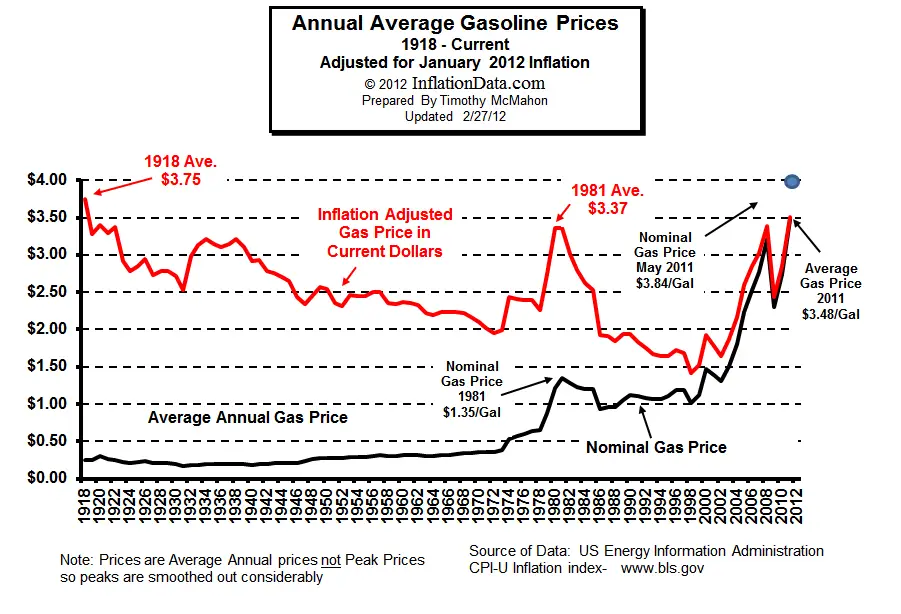Topspin
Verified User
Americans fear gas shortages
Poll shows that more drivers are afraid of rationing and long lines at the station than of high prices.
NEW YORK (CNNMoney.com) -- As much as Americans fret over the rising price of gas, one thing worries them more: the possibility of having to wait in long lines to buy rationed gas.
A CNN/Opinion Research poll released Tuesday shows that 55% of those surveyed are more worried about long lines at gas stations and rationing than about the high prices that drivers have paid in recent months. The poll shows 40% of the respondents are more concerned about the high prices.
While gas rationing is not expected at this time, it was a hallmark of the 1970s- era energy crisis, when drivers lined up outside gas stations and sales of gas were limited to certain days of the week.
However, at that time, gas was in short supply, which is not the case today.
The poll shows that 83% of respondents think $4-a-gallon gas is a major problem or a crisis.
The poll results highlight the conflict facing U.S. consumers between the financial hardship of elevated gas prices and the necessity of driving. It suggests that they are heavily dependent on easily accessible gas and are willing to pay more to avoid inconveniences.
The poll results reflect telephone interviews with 1,035 adults conducted June 4-5. The margin of error is plus or minus 3 percentage points.
Consumers are responding to the current energy dilemma in different ways. A previously released portion of the poll showed that 66% of those surveyed said they are cutting back on the amount of driving they do, and 71% indicated that they are considering buying a more fuel-efficient vehicle.
What's more, 55% of respondents said they were cutting back significantly on household spending to cope with higher fuel bills. And 78% said the current state of the economy was poor or very poor.
Gas prices have become an important political issue as the nation prepares to elect a new president. On Tuesday, Senate Republicans were able to block consideration a windfall profits tax of the five largest U.S. oil companies and the rescinding of $17 billion in tax breaks the companies expect to enjoy over the next decade.
Critics of the oil industry say its profits are excessive and come at the expense of the American public. Energy companies say oil and gas prices are determined by the economic fundamentals of supply and demand, that strong demand from overseas supports prices and that their profit margins are slim. To top of page
http://money.cnn.com/2008/06/10/news/economy/poll/index.htm
Poll shows that more drivers are afraid of rationing and long lines at the station than of high prices.
NEW YORK (CNNMoney.com) -- As much as Americans fret over the rising price of gas, one thing worries them more: the possibility of having to wait in long lines to buy rationed gas.
A CNN/Opinion Research poll released Tuesday shows that 55% of those surveyed are more worried about long lines at gas stations and rationing than about the high prices that drivers have paid in recent months. The poll shows 40% of the respondents are more concerned about the high prices.
While gas rationing is not expected at this time, it was a hallmark of the 1970s- era energy crisis, when drivers lined up outside gas stations and sales of gas were limited to certain days of the week.
However, at that time, gas was in short supply, which is not the case today.
The poll shows that 83% of respondents think $4-a-gallon gas is a major problem or a crisis.
The poll results highlight the conflict facing U.S. consumers between the financial hardship of elevated gas prices and the necessity of driving. It suggests that they are heavily dependent on easily accessible gas and are willing to pay more to avoid inconveniences.
The poll results reflect telephone interviews with 1,035 adults conducted June 4-5. The margin of error is plus or minus 3 percentage points.
Consumers are responding to the current energy dilemma in different ways. A previously released portion of the poll showed that 66% of those surveyed said they are cutting back on the amount of driving they do, and 71% indicated that they are considering buying a more fuel-efficient vehicle.
What's more, 55% of respondents said they were cutting back significantly on household spending to cope with higher fuel bills. And 78% said the current state of the economy was poor or very poor.
Gas prices have become an important political issue as the nation prepares to elect a new president. On Tuesday, Senate Republicans were able to block consideration a windfall profits tax of the five largest U.S. oil companies and the rescinding of $17 billion in tax breaks the companies expect to enjoy over the next decade.
Critics of the oil industry say its profits are excessive and come at the expense of the American public. Energy companies say oil and gas prices are determined by the economic fundamentals of supply and demand, that strong demand from overseas supports prices and that their profit margins are slim. To top of page
http://money.cnn.com/2008/06/10/news/economy/poll/index.htm
Last edited by a moderator:

